So Opera Australia is in quest of a new artistic director to replace Lyndon Terracini. It’s a good moment to reflect on what made the man who’s going such an asset. I remember hearing the story a long time ago that in the days when Lyndon ran the Brisbane Festival he came within a whisker of getting Valery Gergiev – the great conductor of the Kirov opera – a man at home with Wagner, at home with the Russian repertoire, at home with everything – to do his Ring Cycle in Queensland. The deal was all but clinched when some clodhopper from the world Bjelke-Peterson governed like a fishpond rang to say that the Wagner thing with that Russian character just wasn’t on.
By the grace of God, Lyndon just went on and, as head of the Opera Australia, staged Neil Armfield’s Ring in Melbourne, first in 2013 and then in 2016. Anyone who saw it will be grateful for Terracini entrusting the greatest of all operatic sagas to the country’s most highly regarded stage director.
It’s worth remembering Lyndon Terracini’s range as well. Elijah Moshinsky who died a year ago was the most classical of opera directors, a director consciously in the Visconti and Zeffirelli tradition, and it was a fine thing when Lyndon Terracini invited him back to re-jig his very fine production of Don Carlos which is the work of a director with a deep feeling for the sonority of one of Verdi’s greatest scores: the one that resembles Aida but has a greater darkness, a velveteen masculine character that issues into the stairway to a scaffold effect of the inquisitor’s injunction laying down the law to Philip II. And the King himself, another bass role, universally associated with such deep Slavic voices as Boris Christoff and Nicolai Ghiaurov. It also includes the great buddy aria, for tenor and baritone, between Carlos and his Jonathan figure, The Marquis de Posa. The libretto of Don Carlos derives from Schiller and Schiller was one of the greatest emulators of Shakespeare who ever lived: some German speakers think his Macbeth will bear comparison with the curse-creating original. Moshinsky was very conscious of giving due weight to Schiller and the great play which Verdi translated with such power of musical gesticulation. The Carlos I would most like to have seen was that starkly Germanic tenor Jon Vickers, the greatest of all Tristans, the great Peter Grimes who sang Don Carlos at Covent Garden and who gave such an iron fierceness to his Radames for Solti in his Aida recording.
Greta Scacci played Elizabeth in Schiller’s Mary Stuart with great audacity and an unadorned evocation of ugliness at the Ensemble in 2008 and it would be good to see this neo-Shakespearean masterpiece filmed perhaps with Cate Blanchett as the old queen and Rose Byrne as the Queen of Scots. Harriet Walter and Janet McTeer famously did it at the Donmar Warehouse and there’s a famous recording of Donizetti’s opera version with Joan Sutherland.
But let’s not forget Lyndon. He initiated the Carmen on the Harbour and the forthcoming Phantom. He also had the idea of getting Julie Andrews – the originator of the roles of Eliza Doolittle and Mary Poppins and Guinevere in Camelot – to direct My Fair Lady for Opera Australia. Melbourne saw that fine actor Charles Edwards (Charteris in The Crown) play Henry Higgins. But it’s a sorrow to have missed Alex Jennings’ Higgins in Sydney. Years before Ian McKellen explained why he would never play Higgins in My Fair Lady ‘Because I’ve seen my friend Alex Jennings play it and I don’t think I’d be as good.’ Jennings, alas, was confined to the Sydney run.
It will be fascinating to see what the Melbourne Symphony Orchestra achieves under its exciting new Spanish conductor Jaime Martín. Anyone who navigates the different rivers of artistic organisation is likely to be aware of how good the MSO can be and what a satisfaction it is to see greats like the violinist Anne-Sophie Mutter and American baritone Thomas Hampson performing with them. And Jaime Martín demonstrated what a starry personality and what a dramatic lord of the baton he is at his open rehearsal on 24 February. And the Season Opening Gala included Baparripna by the Yorta Yorta composer and soprano Deborah Cheetham as well as Hadyn’s 6th Symphony and that extraordinary work, Mahler’s 1st Symphony, with that third section, which sounds like dinosaurs marching to find a new dawn.
The Malthouse has a new show The Return in which artistic director Matt Lutton is working with indigenous actors to a script they have devised and you can only hope that good intentions yield a hell of a success.
A recent glance at Patrick White’s ‘pied magpie’ novel Voss – the explorer, the excruciation and desert desolation – created a sense of disquiet about whether the greatest of Australian novelists could be cancelled. There are the gliding naked blackfellas, of course, who move like night and are rumoured to change into lizards and they are figures of some glamours in the novel though they are more choric than individualised. In his next book, Riders in the Chariot there’s the figure of the ‘half-caste’ Alf Dubbo. It’s always seemed to be a case of White’s integrity that he had a black character though he’s liable now to be attacked for making him a drinker. Is it possible that OA would consider reviving Richard Meale’s Voss which Jimmy Sharman directed with spectacular elan in the 1980s. It has a libretto by David Malouf.
It’s also intriguing to wonder if as mighty an establishment battleship could consider giving the directorship to that mischief-maker of creative hijinks Barrie Kosky.
Is this a tinkling irrelevancy at the time of Putin’s assault on Ukraine? Will figures like Gergiev who has friendly relations with Russia’s apparently deranged dictator find his assets frozen by the West’s response? There’s also the reminder of that bewilderment of a book Helen Demidenko’s The Hand That Signed the Paper which touched on the rape of the Ukraine, by famine, under Stalin.
Got something to add? Join the discussion and comment below.
Get 10 issues for just $10
Subscribe to The Spectator Australia today for the next 10 magazine issues, plus full online access, for just $10.
You might disagree with half of it, but you’ll enjoy reading all of it. Try your first month for free, then just $2 a week for the remainder of your first year.

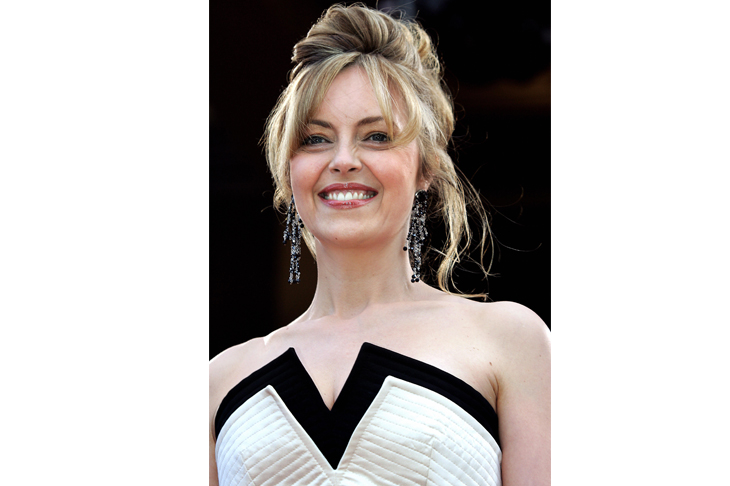
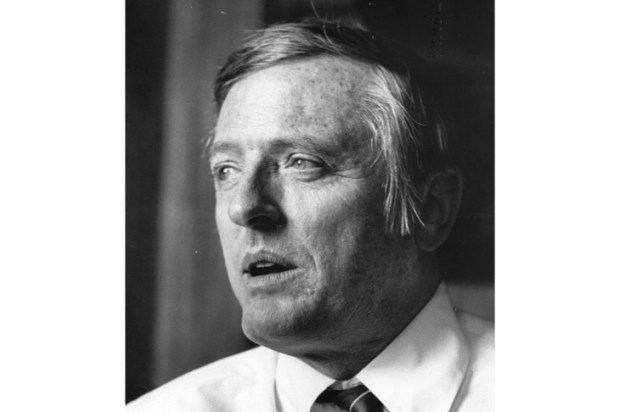
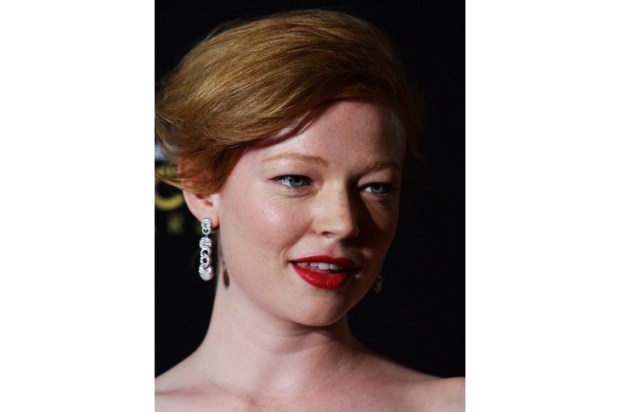
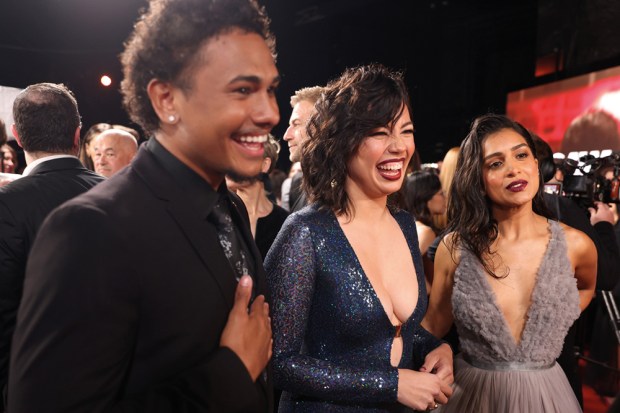
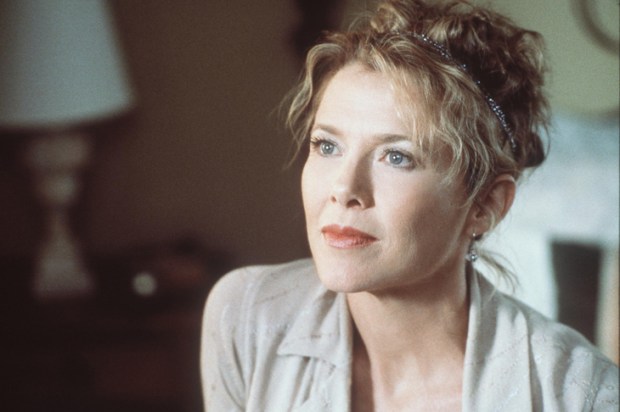
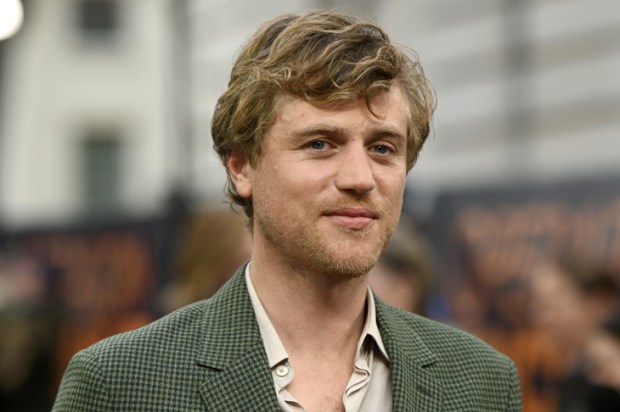
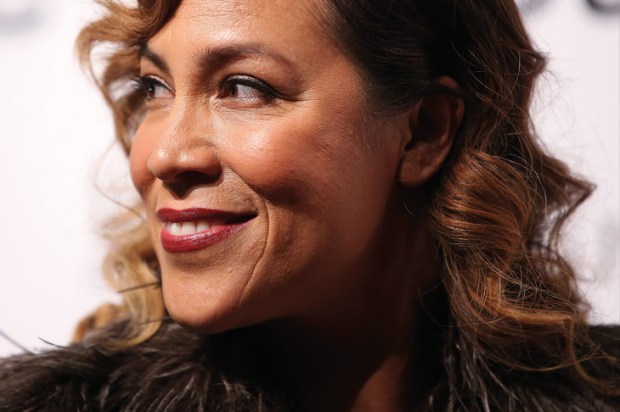






Comments
Don't miss out
Join the conversation with other Spectator Australia readers. Subscribe to leave a comment.
SUBSCRIBEAlready a subscriber? Log in